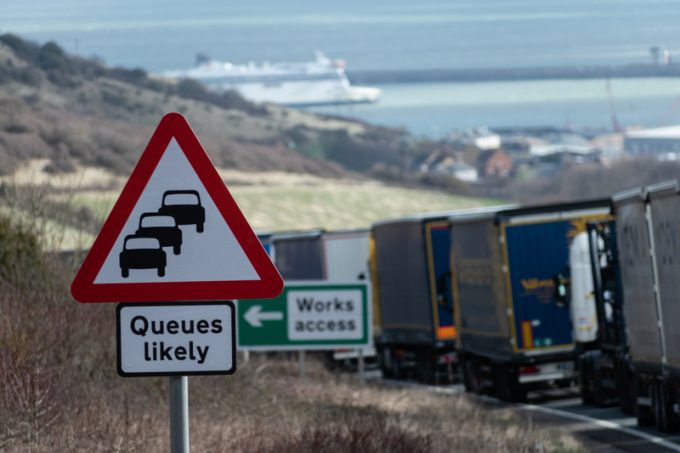Maersk vessel forced to omit Cape Town as congestion mounts
The port of Cape Town is facing significant congestion, which is set to worsen this ...

The UK government is “making villains of key workers” in logistics according to forwarders, as tensions between ministers and businesses rose to new levels this week.
A leaked letter from Cabinet Office minister Michael Gove to logistics organisations appears to pin the blame for expected queues of up to 7,000 lorries on companies being unprepared.
Mr Gove wrote: “The period of disruption for the reasonable worse case scenario is predicated on assumptions for how traders and hauliers would respond to this scenario. ...
'Disastrous' DSV-Schenker merger would 'disrupt European haulage market'
New senior management for DSV as it readies for DB Schenker takeover
Volumes set to 'fall off a cliff' as US firms hit the brakes on sourcing and bookings
Asian exporters scramble for ships and boxes to beat 90-day tariff pause
Amazon pushes into LTL for small package fulfilment and UPS does a u-turn
Temporary tariff relief brings on early transpacific peak season
Pre-tariff rush of goods from US to China sees air rates soar, but not for long
'Tariff madness' will prompt renegotiation of ocean shipping contracts

Comment on this article